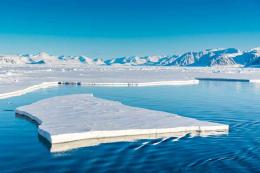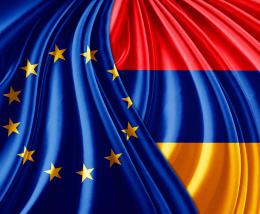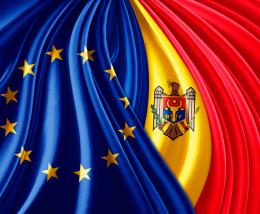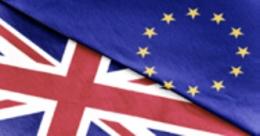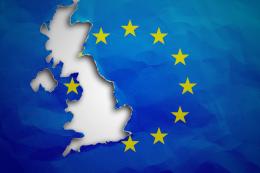European Economic
and Social Committee
Europa
În Europa, CESE menține relații cu partenerii sociali și cu organizațiile societății civile (OSC) din Balcanii de Vest, din vecinătatea estică, din statele SEE-AELS Islanda, Liechtenstein și Norvegia, precum și din Regatul Unit.
Comitetul de monitorizare „Balcanii de Vest” – un organ intern permanent al CESE – este principalul instrument de coordonare a activităților CESE în această regiune. Forumul societății civile din Balcanii de Vest, organizat o dată la doi ani, face parte din activitatea Comitetului de monitorizare.
De asemenea, CESE colaborează bilateral cu țările din Balcanii de Vest care au început negocierile de aderare și cu Turcia, prin intermediul organismelor specializate create pe baza acordurilor de asociere dintre aceste țări și UE: obiectivul acestor comitete consultative mixte este de a implica partenerii sociali și organizațiile societății civile în monitorizarea proceselor de preaderare și de reformă în vederea unei posibile aderări la UE. Fiecare organism este alcătuit dintr-un număr egal de membri din partea CESE și din partea țării partenere și se întrunește de obicei o dată sau de două ori pe an.
De asemenea, CESE a înființat un Comitet de monitorizare pentru vecinătatea estică, un organ intern responsabil cu consolidarea relațiilor cu societatea civilă din țările din regiune, și anume Armenia, Azerbaidjan, Belarus, Georgia, Moldova și Ucraina.
Principalele mecanisme de cooperare cu Armenia, Georgia, Moldova și Ucraina sunt platformele societății civile, care permit organizațiilor societății civile atât din UE, cât și din țara parteneră să monitorizeze punerea în aplicare a acordurilor UE cu aceste țări și să elaboreze recomandări adresate autorităților relevante. În plus, Ucraina și Moldova au devenit țări candidate în 2022.
În ceea ce privește Belarus și Rusia, se dezvoltă relații cu acele organizații ale societății civile care își desfășoară în continuare activitatea în mod liber, majoritatea având sediul pe teritoriul UE. CESE consideră că este important ca dialogul să fie menținut, în așteptarea unor condiții mai bune în viitor.
Spațiul Economic European (SEE) reunește statele membre ale UE și cele trei state SEE-AELS (Islanda, Liechtenstein și Norvegia) într-o piață internă în interiorul căreia bunurile, serviciile, capitalul și persoanele pot circula liber. CESE face parte din Comitetul consultativ al Spațiului Economic European, în cadrul căruia se discută chestiuni de interes comun cu reprezentanți ai partenerilor sociali din statele SEE-AELS.
Nu în ultimul rând, CESE are un Comitet de monitorizare UE-Regatul Unit responsabil cu monitorizarea relației dintre UE și Regatul Unit al Marii Britanii și Irlandei de Nord din perspectiva societății civile. Activitatea sa se axează în special pe punerea în aplicare a Acordului de retragere dintre UE și Regatul Unit și a Protocolului privind Irlanda și Irlanda de Nord, cu privire la care are o discuție în curs cu organizațiile societății civile din Regatul Unit, precum și pe punerea în aplicare a Acordului comercial și de cooperare UE-Regatul Unit, cu privire la care Comitetul de monitorizare UE-Regatul Unit cooperează cu Grupul consultativ intern al UE în temeiul Acordului comercial și de cooperare UE-Regatul Unit.
